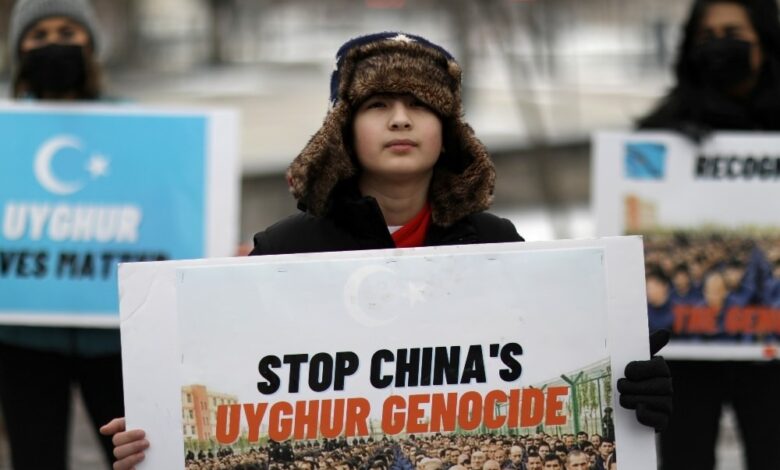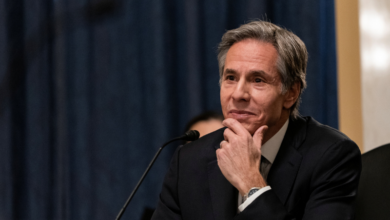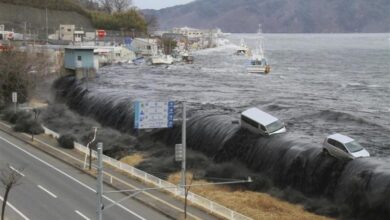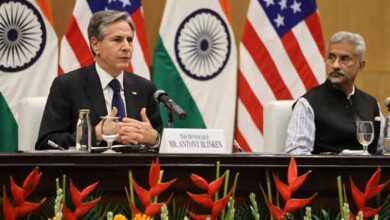
BRUSSELS: The European Union, Britain, Canada and the United States on Monday launched coordinated sanctions against officials in China over alleged human rights abuses in the far western Xinjiang region, provoking swift retaliation from Beijing.
The EU targeted four senior officials in Xinjiang. The sanctions involve a freeze on the officials assets and a ban on them traveling in the bloc. European citizens and companies are not permitted to provide them with financial assistance.
The 27-nation bloc also froze the assets of the Xinjiang Production and Construction Corps Public Security Bureau, which it describes as a state-owned economic and paramilitary organisation that runs Xinjiang and controls its economy.
British Foreign Secretary Dominic Raab said the measures were part of intensive diplomacy by the UK, the United States, Canada and the 27-nation EU to force action amid ‘mounting evidence’ about serious rights abuses against the Uighur Muslim people.
US Secretary of State Antony Blinken said in a statement that a united transatlantic response sends a strong signal to those who violate or abuse international human rights, and “we will take further actions in coordination with likeminded partners. We will continue to stand with our allies around the world in calling for an immediate end to the PRCs crimes and for justice for the many victims,” Blinken said.
China responded immediately to the EU’s move, slapping sanctions on 10 European individuals and four institutions that it said had damaged China’s interests and maliciously spread lies and disinformation.
Initially, China denied the existence of camps for detaining Uighurs in Xinjiang but has since described them as centres to provide job training and to reeducate those exposed to radical jihadi thinking. Officials deny all charges of human rights abuses there.
Xinjiang had been a hotbed of anti-government violence, but Beijing claims its massive security crackdown brought peace in recent years. Chinas Foreign Ministry denounced the EU sanctions as based on nothing but lies and disinformation as it issued its own retaliatory measures.
The ministry announced sanctions against 10 individuals and four institutions, saying that they and their family members would be barred from entering mainland China, Hong Kong or Macao and cut off from financial dealings with those areas.
Among those targeted was Adrian Zenz, a US-based German scholar who has publicised abuses against minority groups in China’s regions of Tibet and Xinjiang. China has said companies and individuals have petitioned to sue Zenz, but it wasn’t clear who the plaintiffs were or how they would pursue legal action across borders.
Others targeted for sanctions include five members of the European Parliament: Reinhard Butikofer, Michael Gahler, Raphael Glucksmann, Ilhan Kyuchyuk and Miriam Lexmann.
The ministry did not say what measures would be taken against the organisations.
They were listed as the Political and Security Committee of the Council of the EU, where the 27 national envoys decide foreign and security policy; the EU Parliaments Subcommittee on Human Rights; the German-based Mercator Institute for China Studies; and the Alliance of Democracies Foundation in Denmark.






